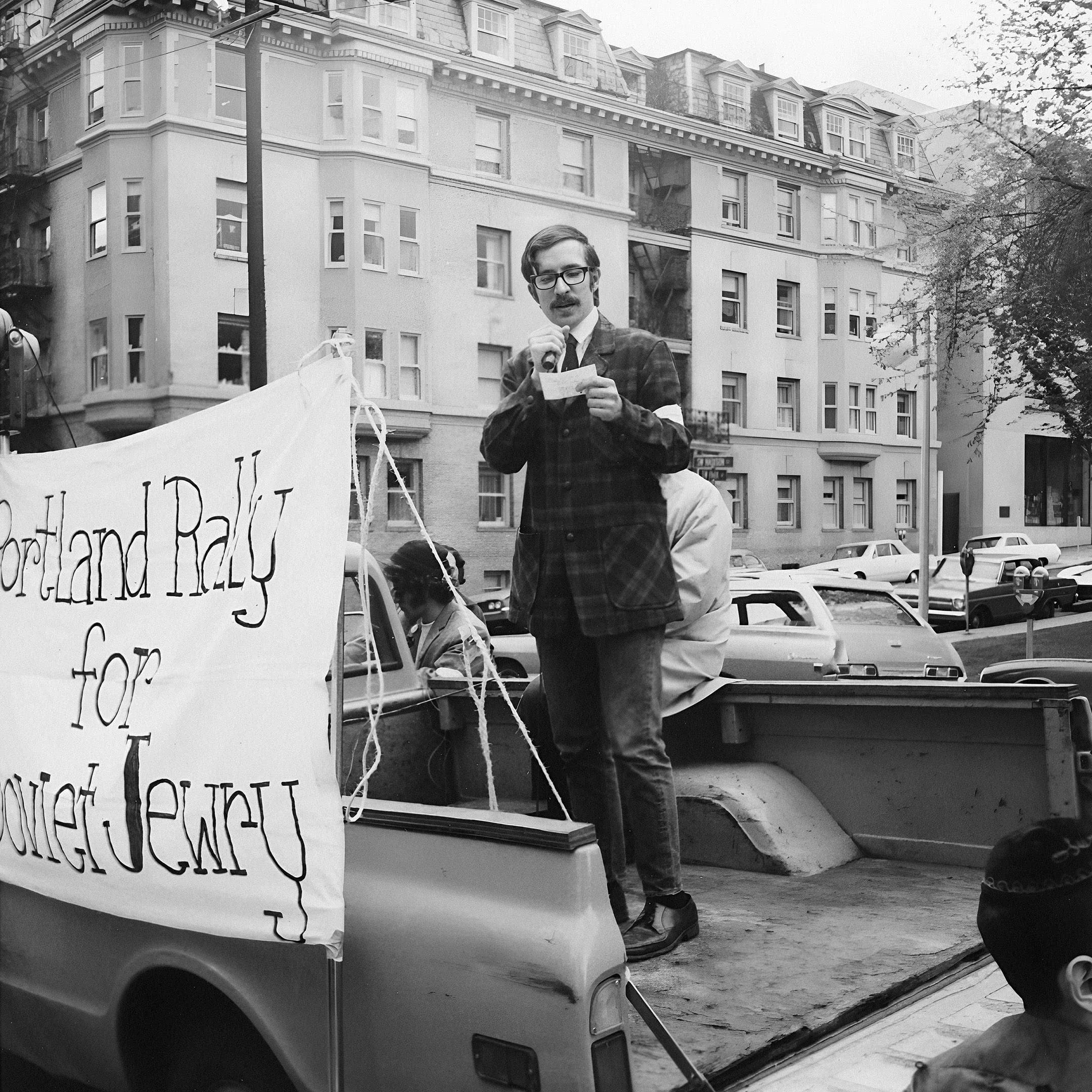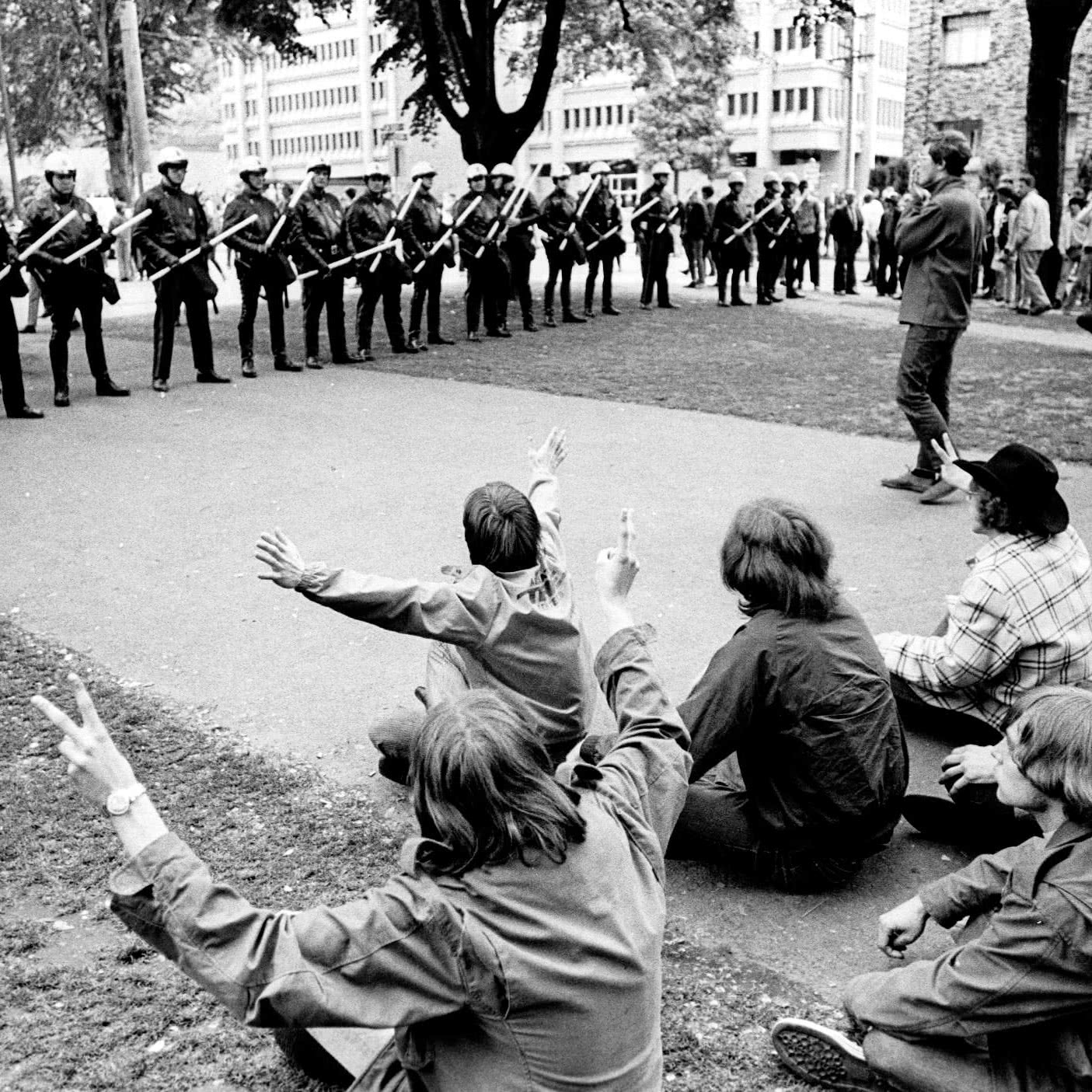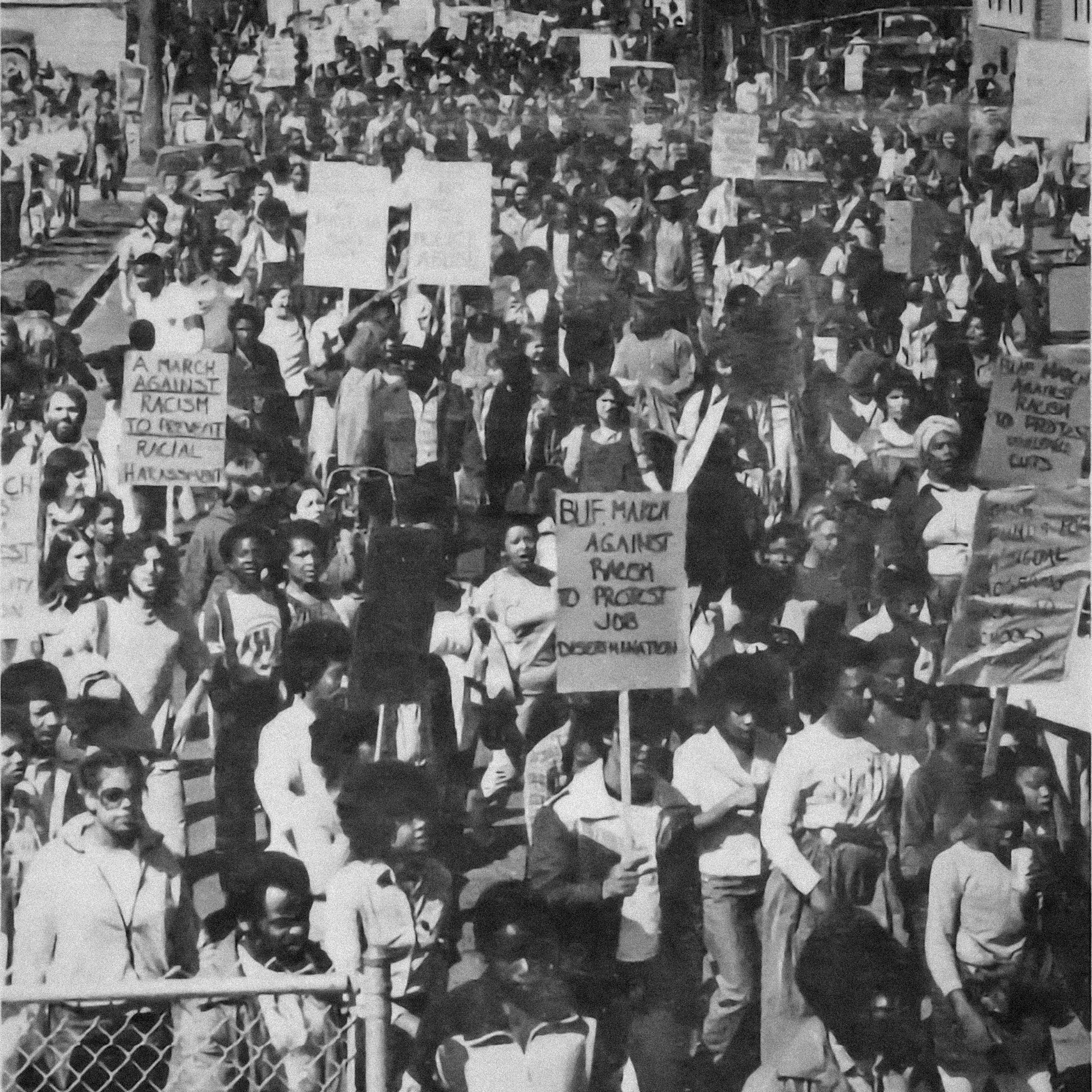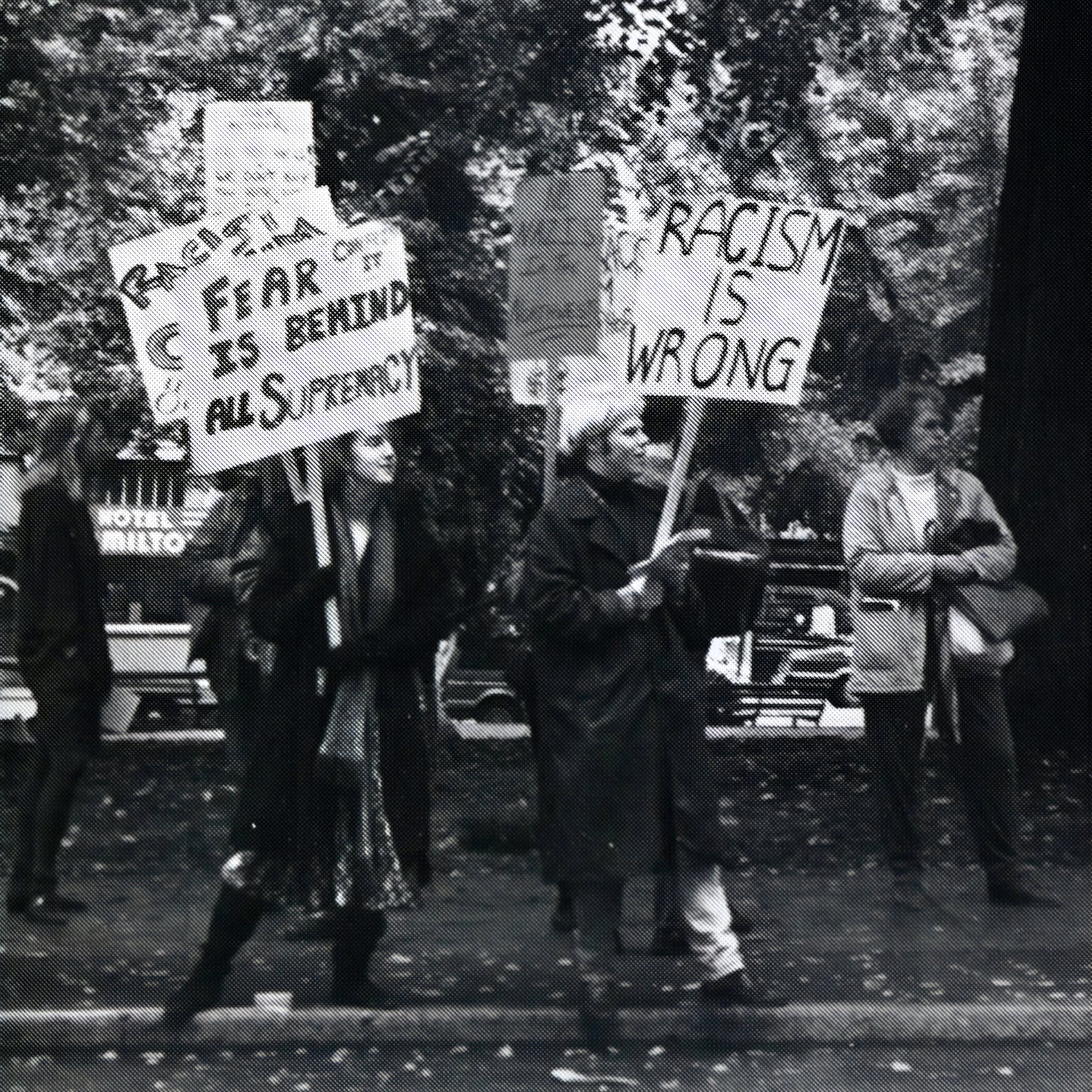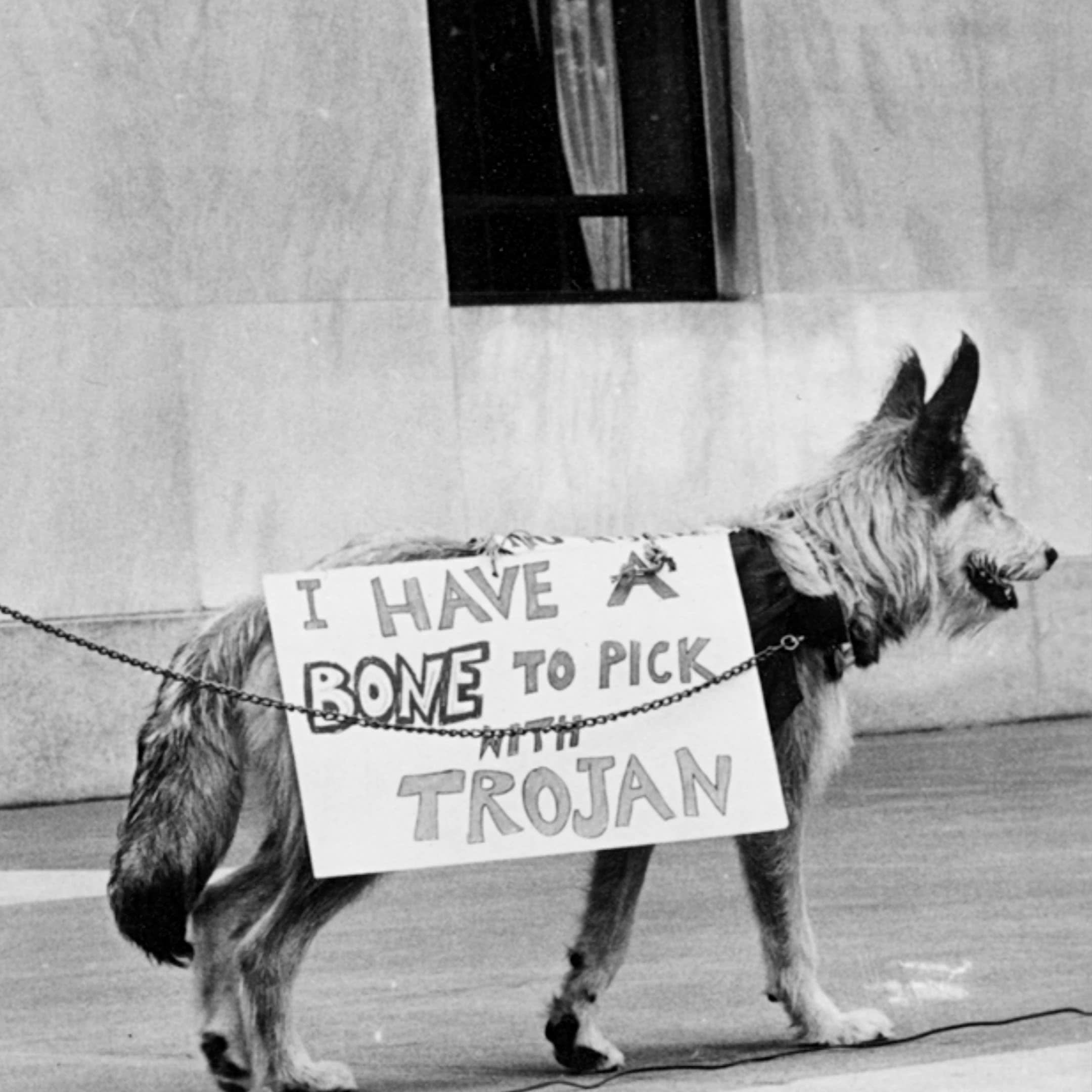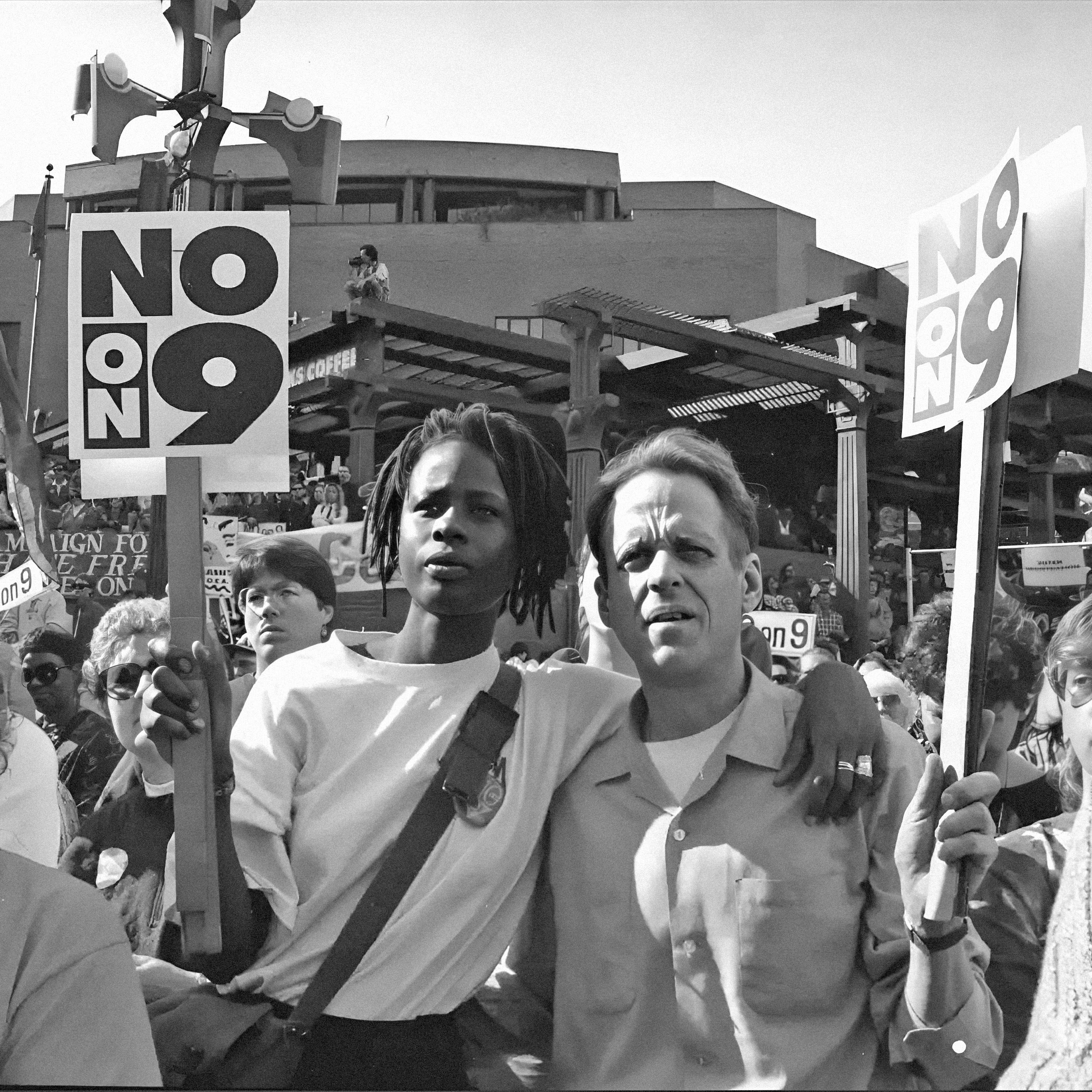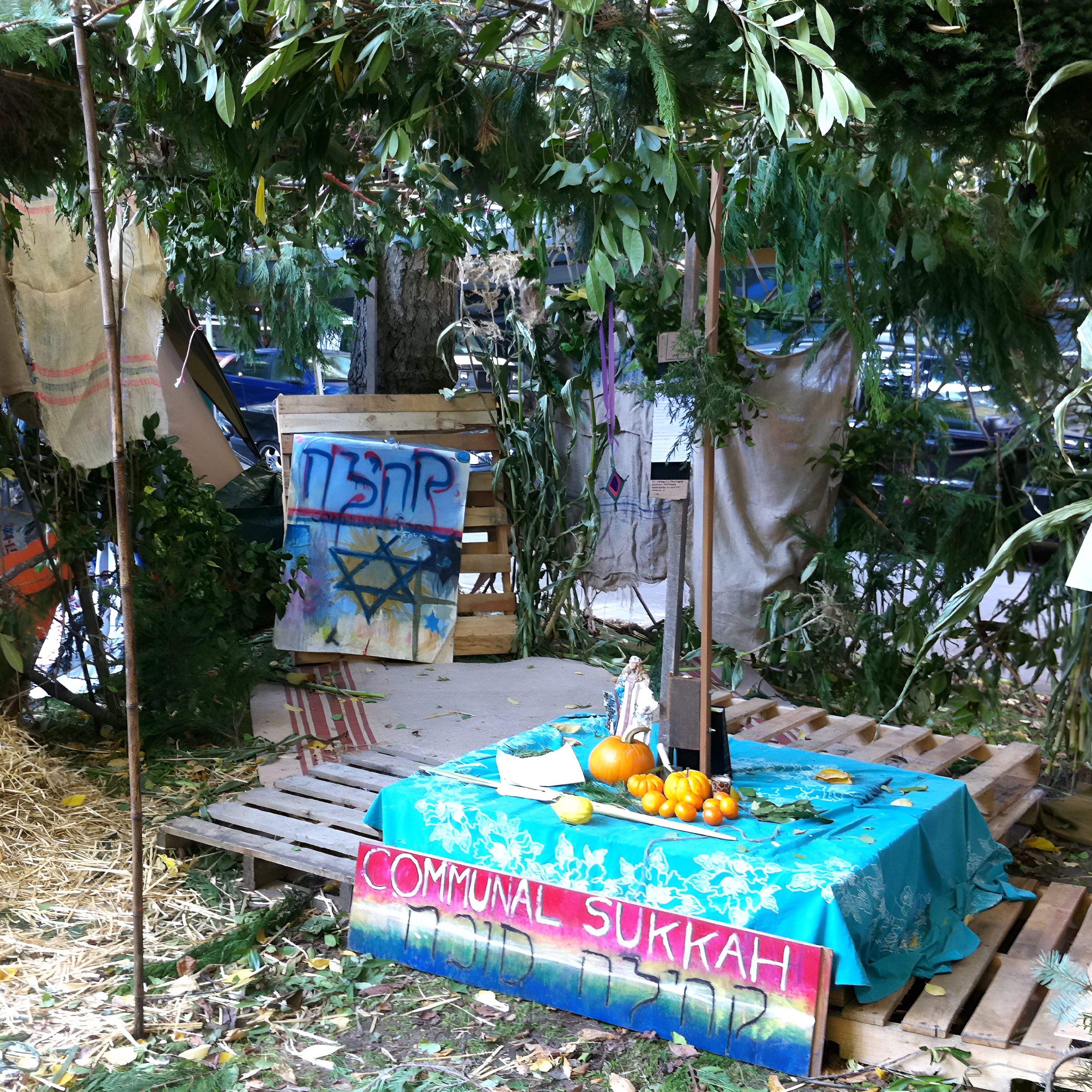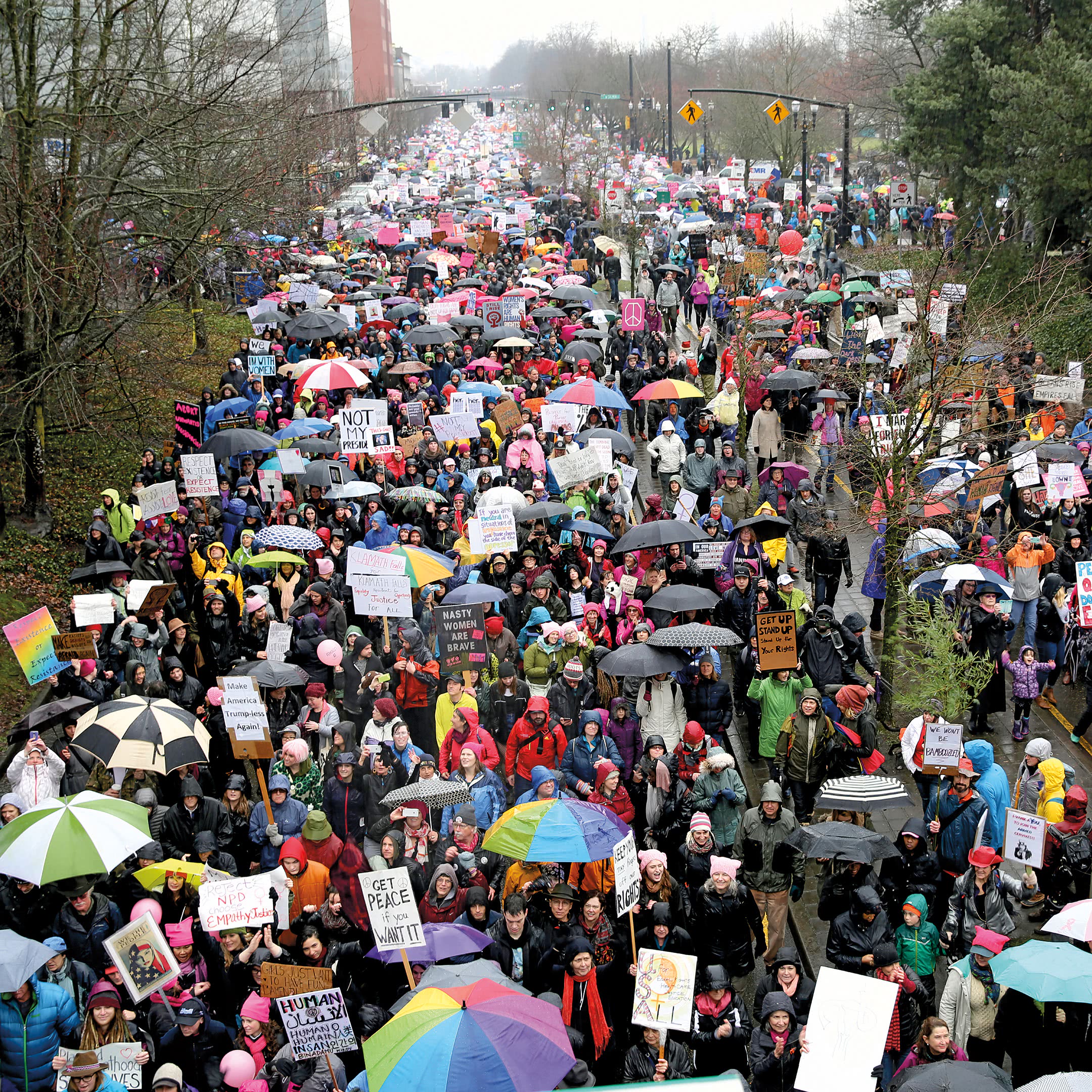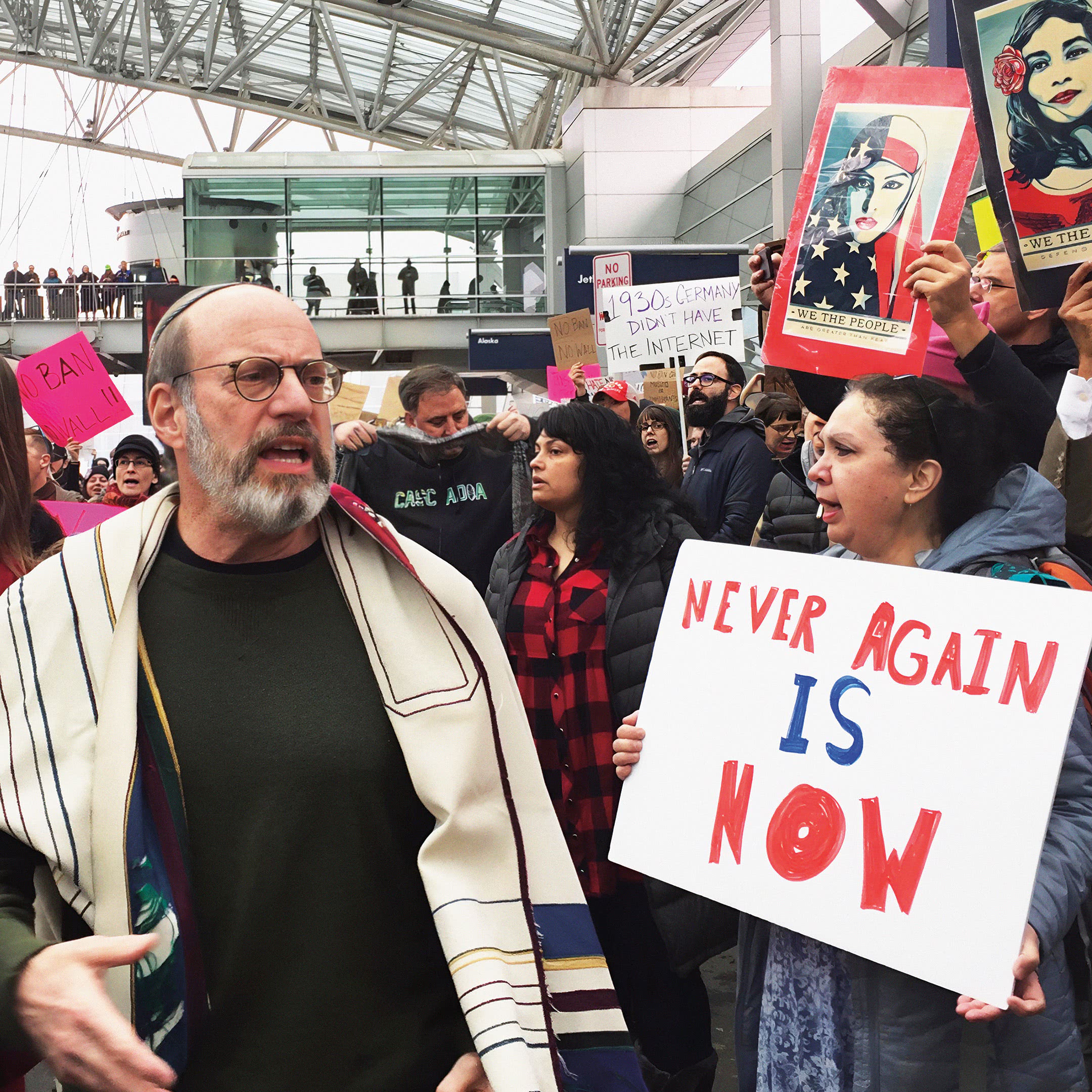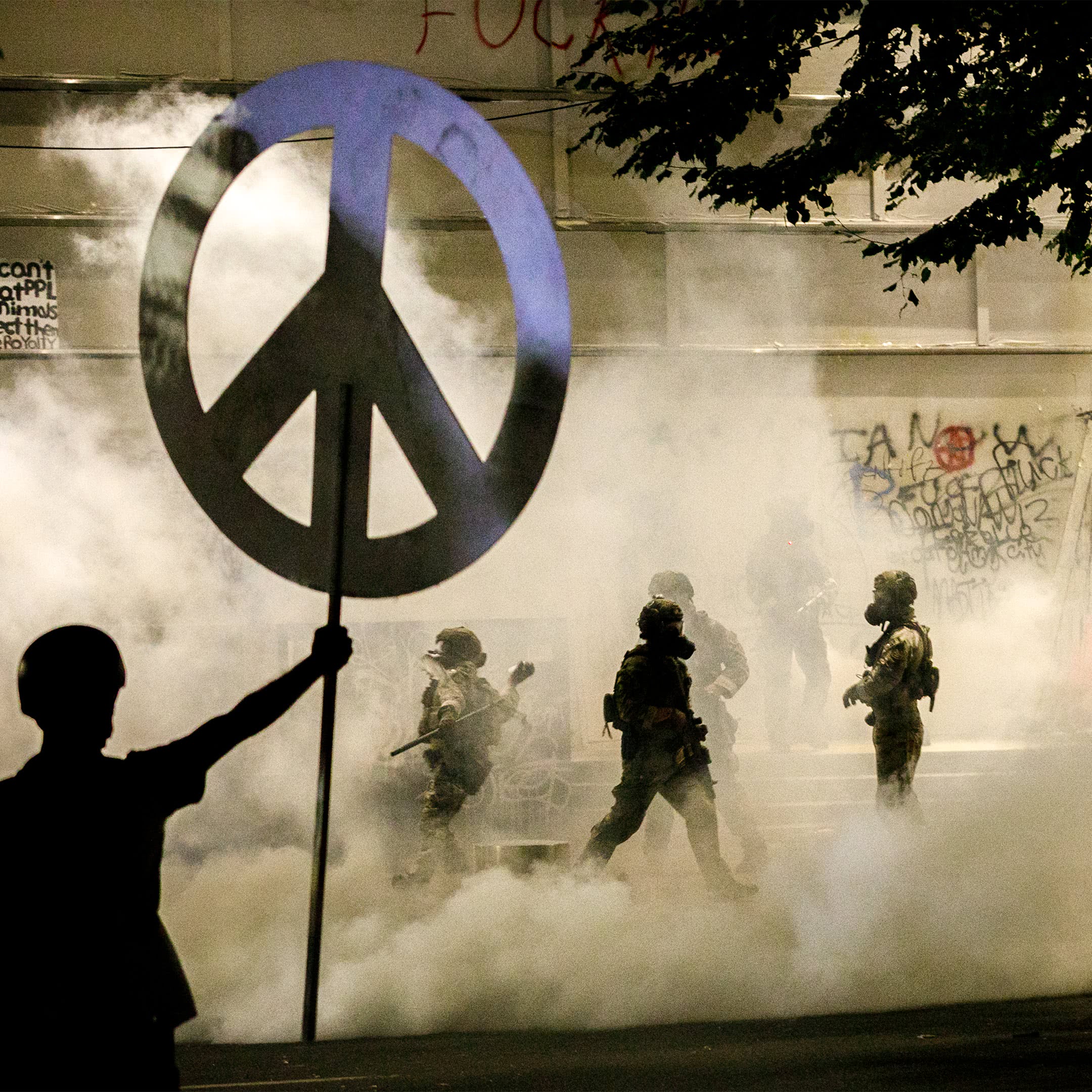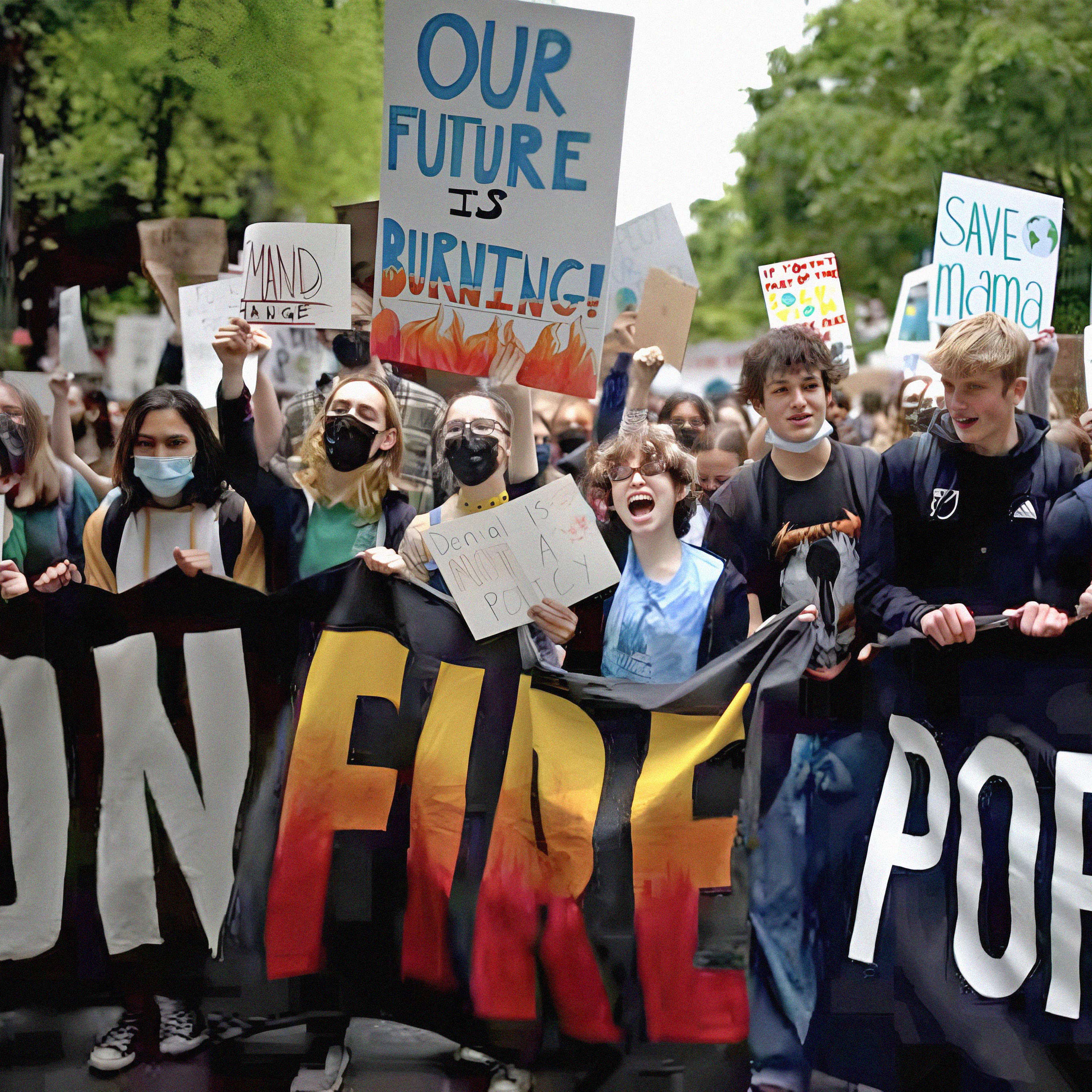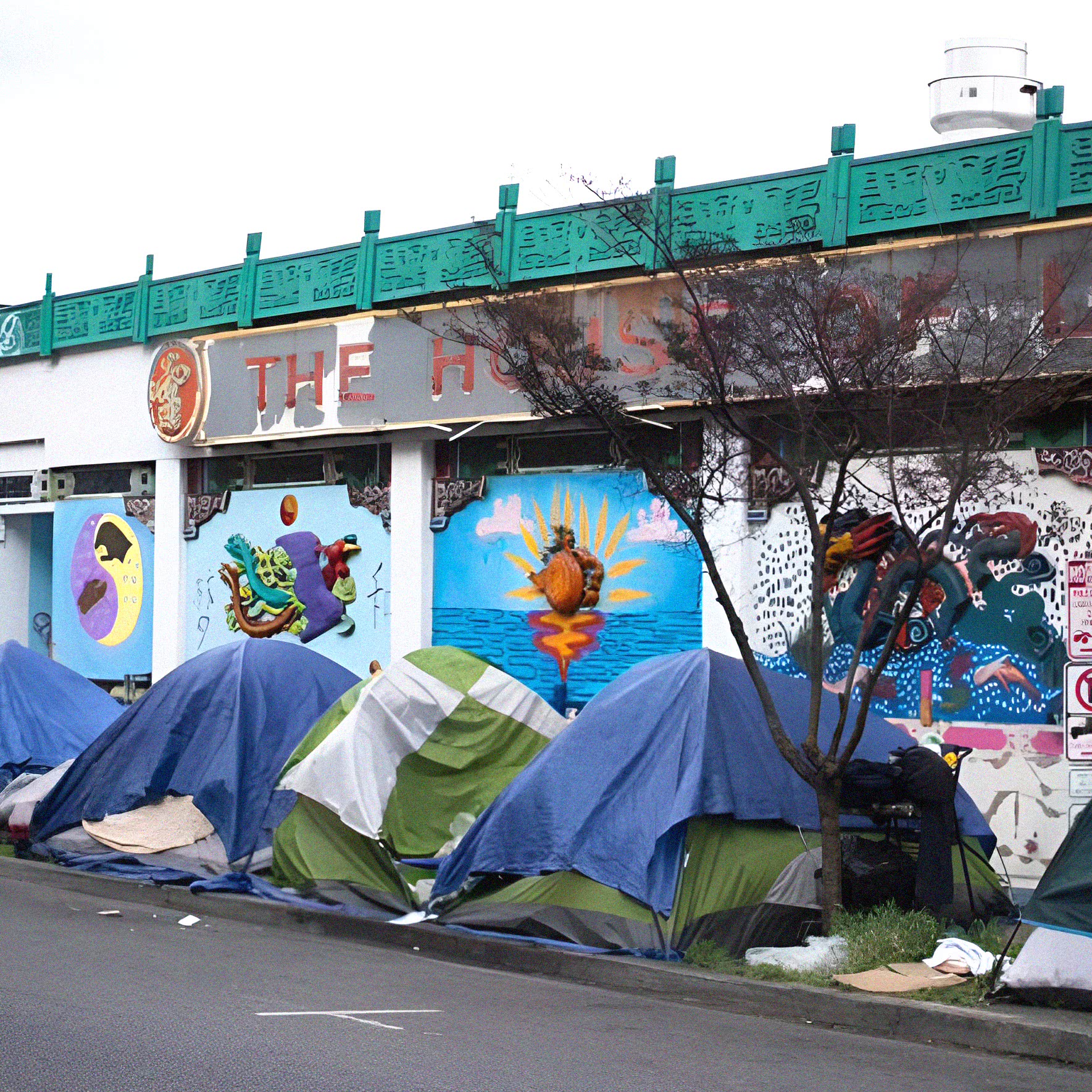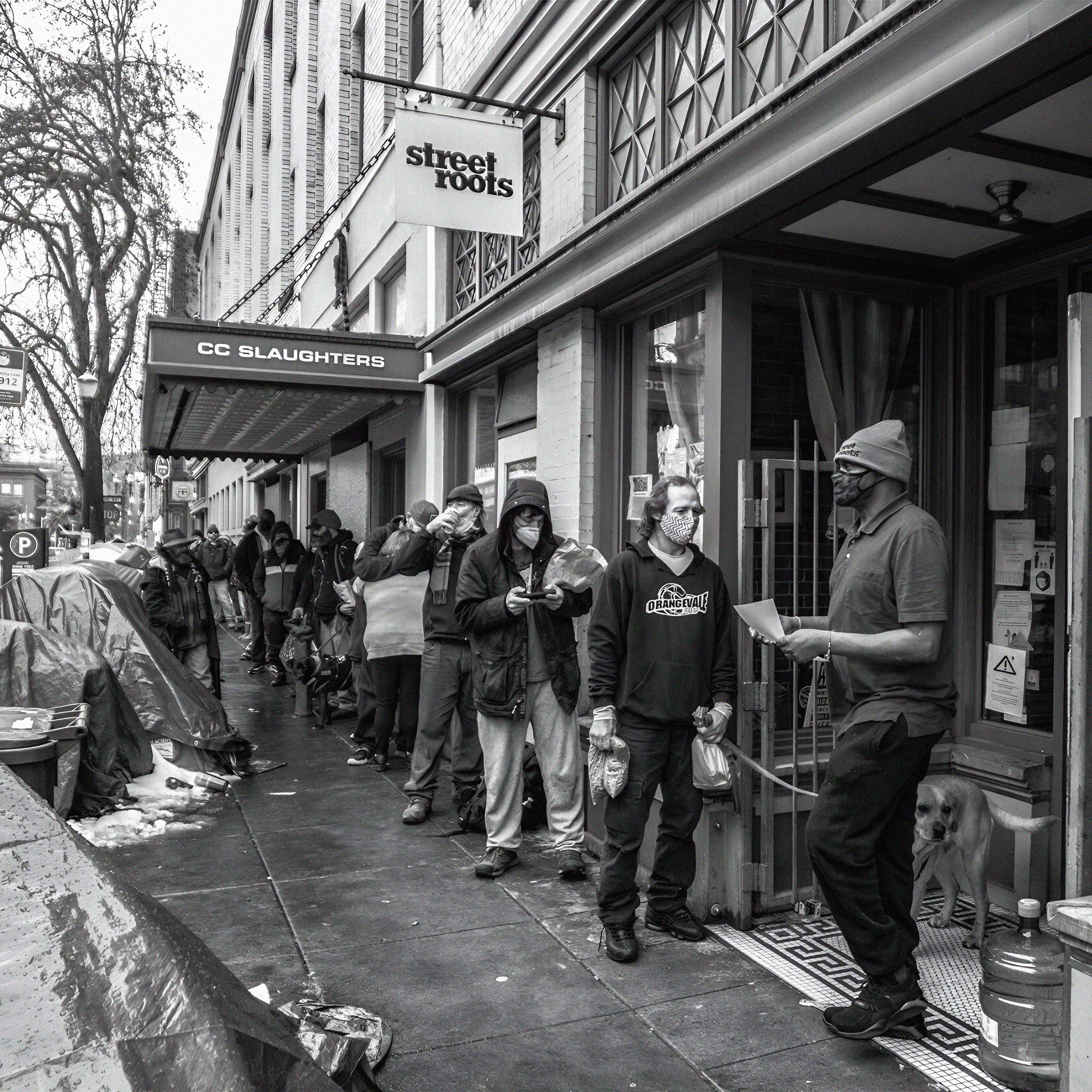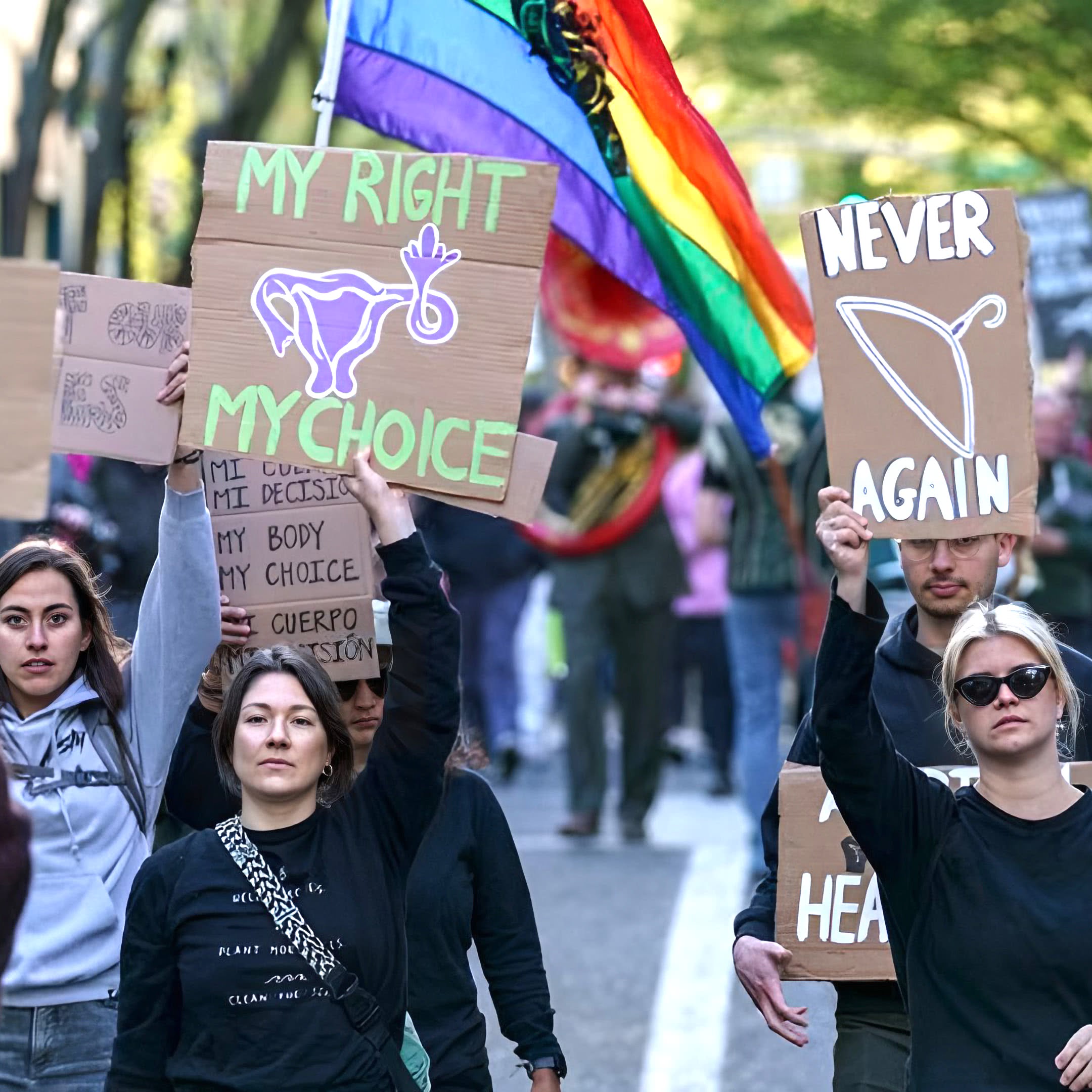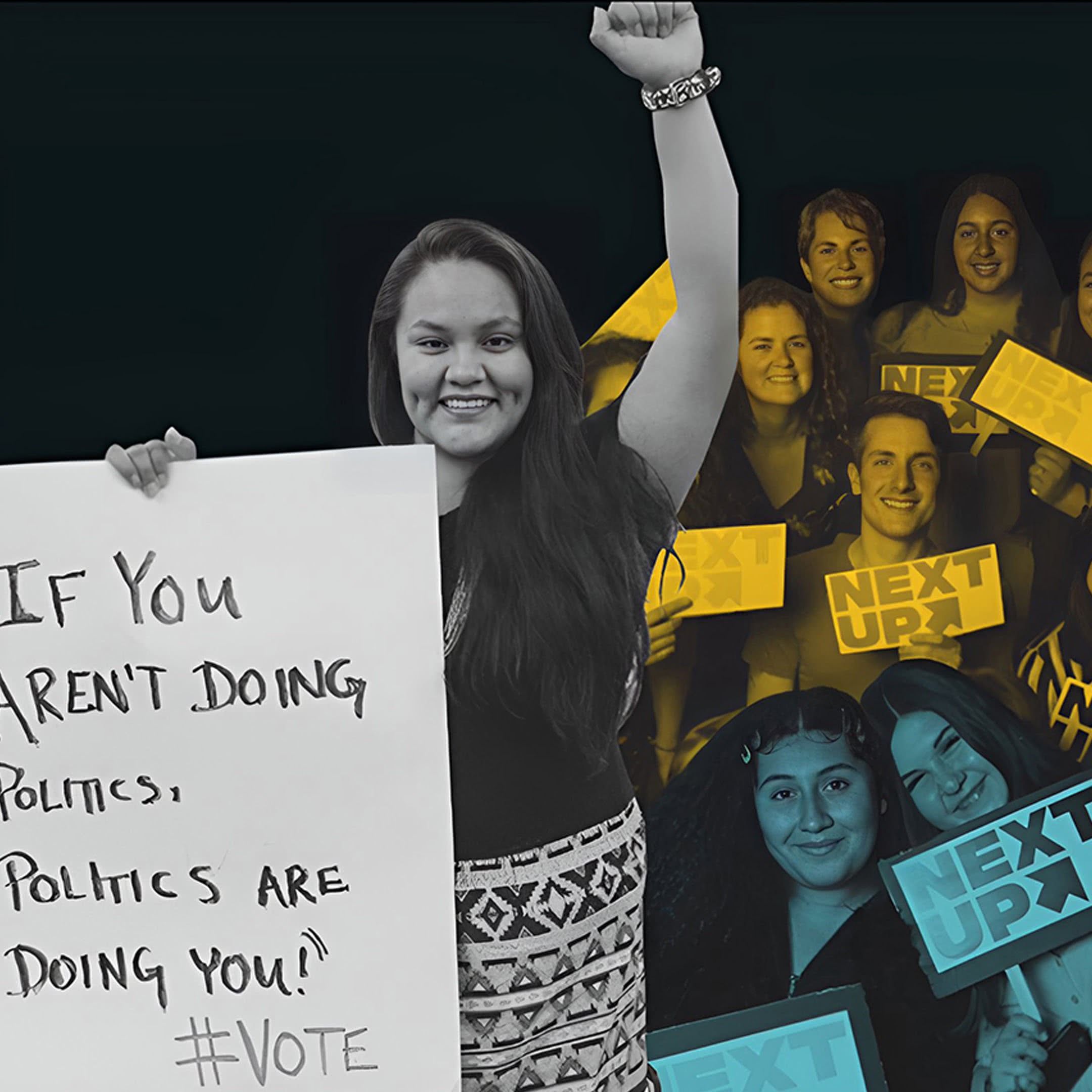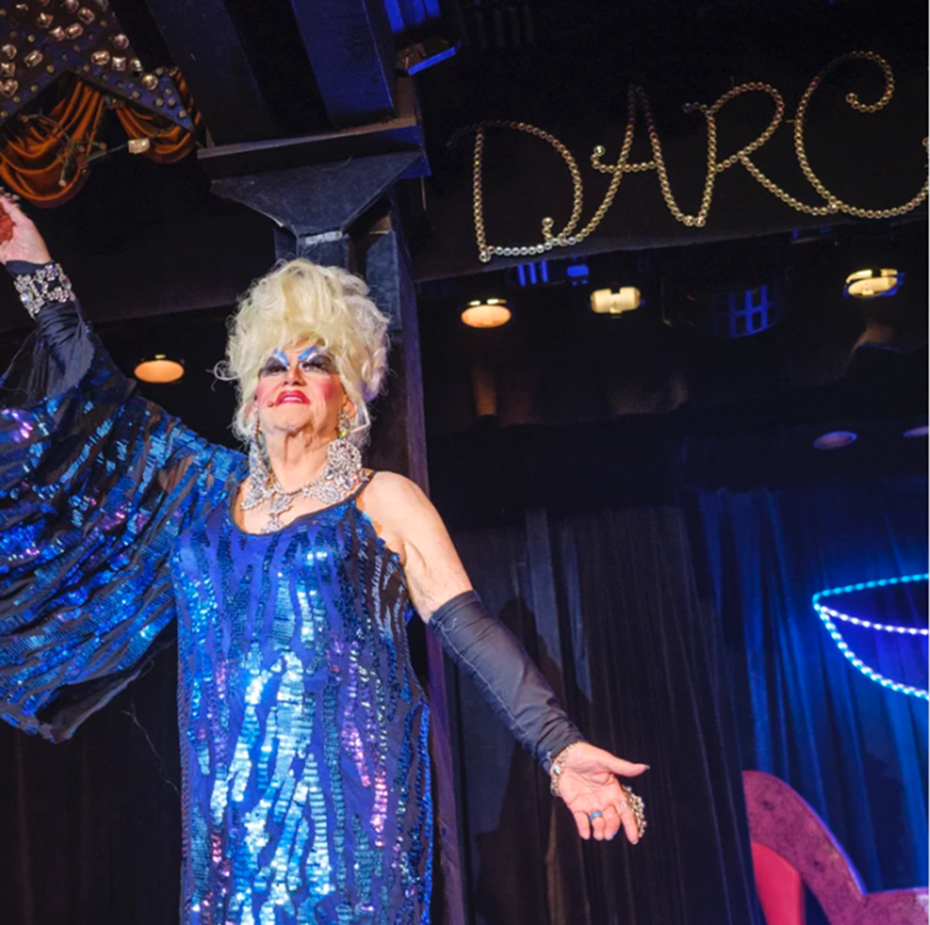
Darcelle XV
Darcelle XV was the stage name of Walter Willard Cole, a Portland drag queen, entertainer, and cabaret owner, whose career spanned 56 years. A fierce gay-rights activist, in 1974 Darcelle helped fund Oregon’s first LGBT umbrella group, dedicated to civil rights for lesbians and gay men. In the 1990s Darcelle raised money for the AIDS epidemic. He was the first Portlander to be inducted into the National LGBTQ Wall of Honor at the Stonewall Inn in New York City, site of the 1969 riots that launched the gay rights movement.
